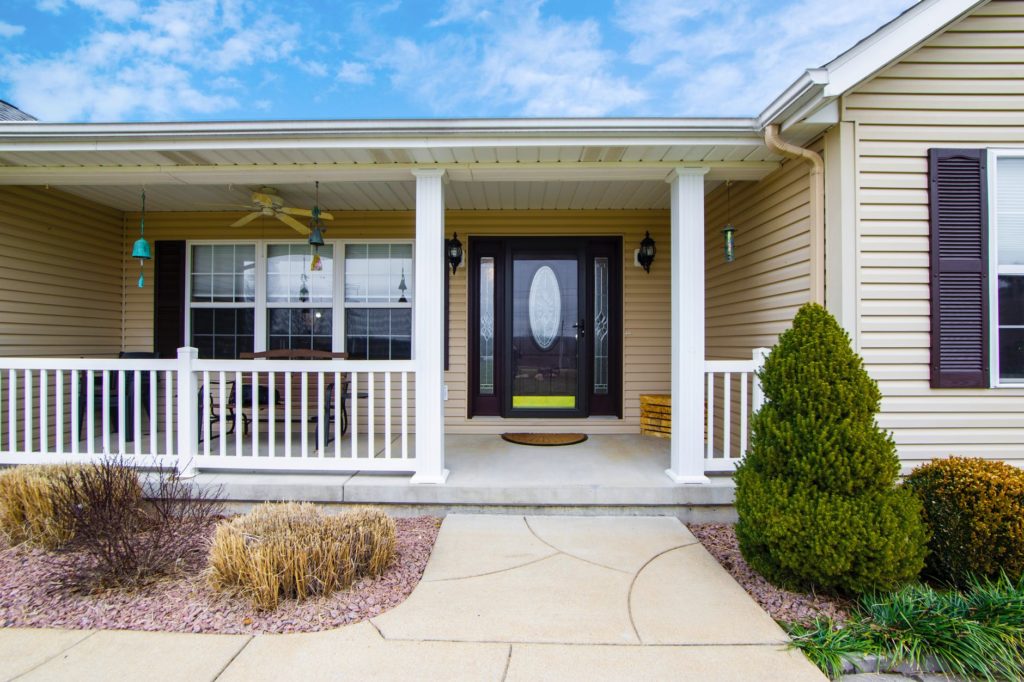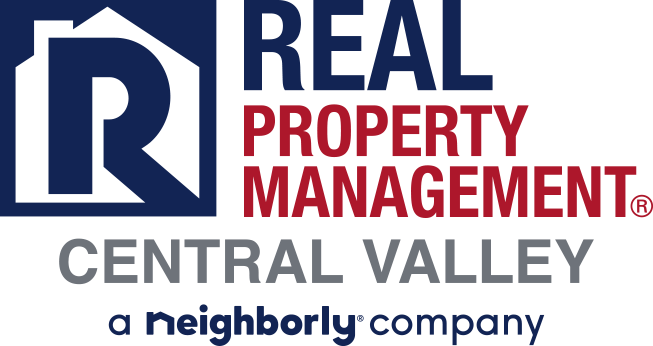Understanding a Landlord’s Right of Entry: A Balance of Rights

A landlord’s right of entry refers to the legal ability to enter a rented property during the tenancy, but this right is not absolute. Tenants have a fundamental right to privacy and exclusive possession of their rental unit, and landlords must adhere to specific rules to respect this.
What Are The Legal Grounds for Entry?
Your Rights and Obligations Landlords in California generally have a right to enter the rental property for various legitimate reasons. These include conducting repairs, inspecting the premises, showing the Central Valley rental property to prospective tenants or property investors/buyers, and responding to emergencies. Understanding these rights and obligations, often dictated by local laws, empowers CA landlords and Central Valley tenants with the information and knowledge they need to navigate their tenancy.
Notice Requirements
In most jurisdictions, landlords must provide advance notice before entering the rental unit, typically between 24 and 48 hours. The notice should state the visit’s date, time, and purpose. It should also be given during reasonable hours, commonly defined as business hours (9 am to 5 pm) unless the tenant agrees otherwise. If proper notice isn’t provided or entry is made at an unreasonable time, tenants could have grounds for a complaint or legal action.
Limits and Restrictions
Even with notice, landlords can’t enter the property excessively or for trivial reasons. For instance, entering to check if the tenant is keeping the property clean or to inspect personal belongings would be considered trivial. The number of entries must be reasonable, and they must serve a legitimate purpose. Entering without the tenant’s consent for non-emergency reasons or in a harassing manner could lead to serious legal consequences for the landlord, including potential claims for invasion of privacy. This serves as a strong deterrent against violating the tenant’s rights.
Contact Us
A landlord’s right of entry is crucial for both landlords and tenants. It strikes a balance between the landlord’s need to maintain the property and the tenant’s right to privacy. By understanding these legal boundaries, both parties can navigate the tenancy with respect and clarity, fostering a positive relationship.
To learn more about this topic, or to speak with us about our property management services, contact us today by calling (209) 572-2222 or click here to connect with us online.
